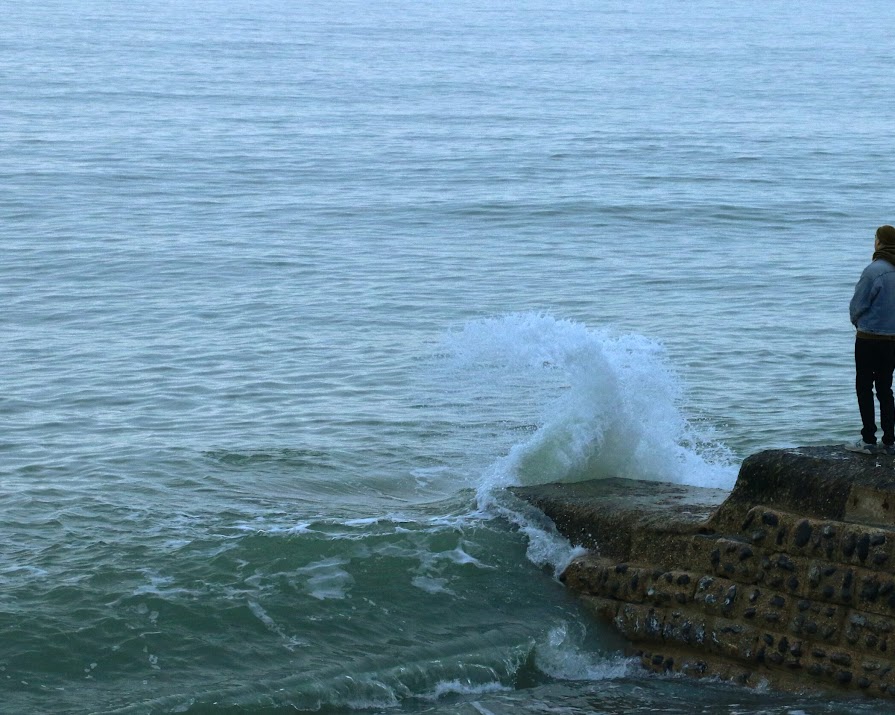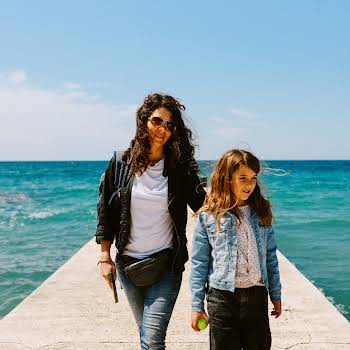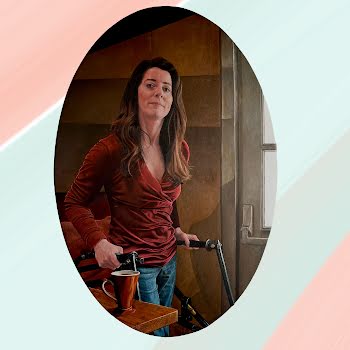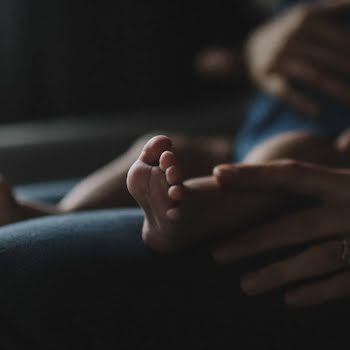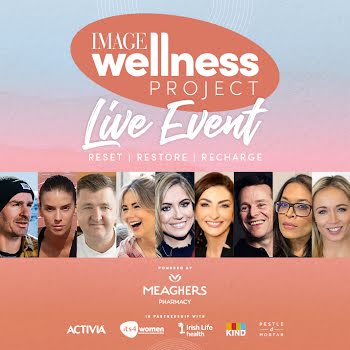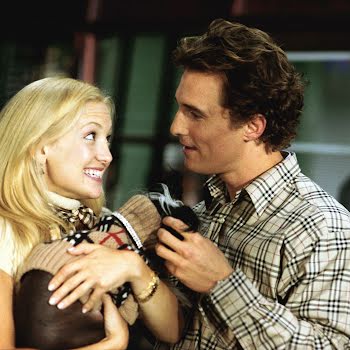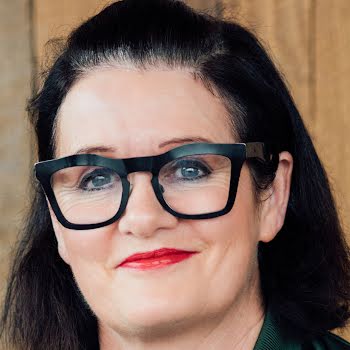
By Niamh Ennis
20th Jan 2024
20th Jan 2024
It’s ten years today since I could last call myself somebody’s child.
We’re often told that ‘losing our parents falls into the natural order of things, it will happen to all of us at some stage in our lives and if we are fortunate, we’ll be at an age where no matter what else we feel – we won’t feel robbed.’ On some level I can agree with this, but I also don’t like the implication within this sentiment, that losing a parent is any less traumatic or that the grieving process is any less hard.
The loss of a parent can be a life-changing and painful experience. This is as true for adults as it is for children. However, as adults, we are expected to be able to cope better, accept the loss quicker and resume our ‘normal’ lives more easily. It has been my personal experience, and those of whom I work, that the reality is far from different.
Let’s look at the simple facts here. No matter what age you are, you are always your parent’s child. It is irrelevant whether your relationship was close or challenging; your parents are your anchor and they’re so totally entwined in your personal identity and how it is you see yourself and your place in the world. Whether you like it or not, the relationship you have with yourself is inextricably linked to the relationship you have, or had, with your parents.
For those of you lucky enough to have experienced a warm and nurturing relationship, a parent’s death can shatter a lifelong bond. It can leave you feeling rudderless, vulnerable and lost. You’re left trying to determine who it is you are now without your parent and that takes a considerable time not just to answer but to connect with this person you have now become.
My Dad
I was extremely close to my dad. When he died after a very brief illness, it was just a few short months following the unexpected death of my fiancé. Both deaths left me inconsolable and, for quite a while after, I struggled with being unable to tell which of them was grieving for.
With the passing of time, I realised just what was different about both losses. When my fiancé died, I had to grieve the loss of my future. When my dad died, I was grieving the loss of my past.
It really helped for me to understand it this way so that I could separate and identify the feelings that were raging through my body. My dad had been a pivotal support not just following the death of my fiancé, but always. He had been there for me any and every time I needed him. I had no idea what was I going to do now without him. I was thirty-nine years of age. I was a full-grown adult but my broken heart simply didn’t know the difference.
Changed relationships
The death of a parent may also result in notable changes in your relationship with other members of your family. You may feel an increased sense of responsibility to look after, comfort and care for your surviving parent – a responsibility that can be extremely difficult to navigate – as you continue to manage your own personal grief. The challenge of doing this cannot be underestimated and can, truthfully, be a source of intense stress and challenges.
Acknowledging that all family members will also deal with grief in their own way and at their own pace, it can often be difficult to move forward together. Some will want to deal openly with their grief, while others will prefer to remain more private. Neither is wrong.
Each will feel the need to reflect on their individual relationship with the parent who has died and it is here that arguments and misunderstandings commonly sneak in. Everyone is feeling the deep sadness and total unpredictability of grief, and that pressure mixed together in a cauldron of emotions rarely emits peaceful outcomes. Siblings may also discover that the death of a parent resurrects those hidden feelings of resentment and rivalries from childhood. These disputes and stresses can be a source of conflict and can result in disputes over wills, property and personal effects.
Bounce back
Your pain will feel more acute when met with other people’s tactlessness and insensitivity. Because you are older you are supposed to have a built-in ability to bounce back. Because it is someone who has lived a life you are told to celebrate their life and then get back on with your own life. But what do you do with the ache that you are left with? What happens when you find yourself reaching for the phone to call the person no longer here or mentally making a note to tell them something later? How can you reconcile all those unspoken thoughts and regrets? What do you do with all of that? This all-consuming empty space might not be visible to those around you but it’s all you see every day. It becomes your world.
My advice, having come through this, is to sit with it. Don’t try to pretend that you’re doing okay when you’re not. Don’t succumb to the pressure to be ‘over it’ when inside you’re really feeling the loss. Take as long as you need to let those feelings of sadness wash over you and as many times as they need to.
You alone will know when you feel ready to dip your toe back into living again. You’ll know when the cloud begins to lift again. You will feel it shifting. Expect to experience a few false starts, but above all know that the pace you are moving is always the one that feels right for you. And if you feel you need to talk about your grief, please don’t be afraid to take that next step.
You have lost your anchor. Your world has changed. Your age does not dictate the depth of the loss. Neither does the relationship you had with your parent. You simply need to give yourself the space to grieve and mourn.
It takes however long it takes.
Niamh Ennis is Ireland’s leading Change & Transformation Coach and author of Get Unstuck who through her private practice, writings, programmes, workshops and podcast has inspired, activated and helped thousands of people to make significant changes in their lives. She is an accredited Personal, Leadership & Executive Coach and the Lead Coach in the IMAGE Business Club. Niamh is currently accepting applications to her RESET for Change 1-1 Programme starting in September. Follow her on Instagram @1niamhennis or niamhennis.com.
Photography by Unsplash.
This article was originally published in June 2023.











